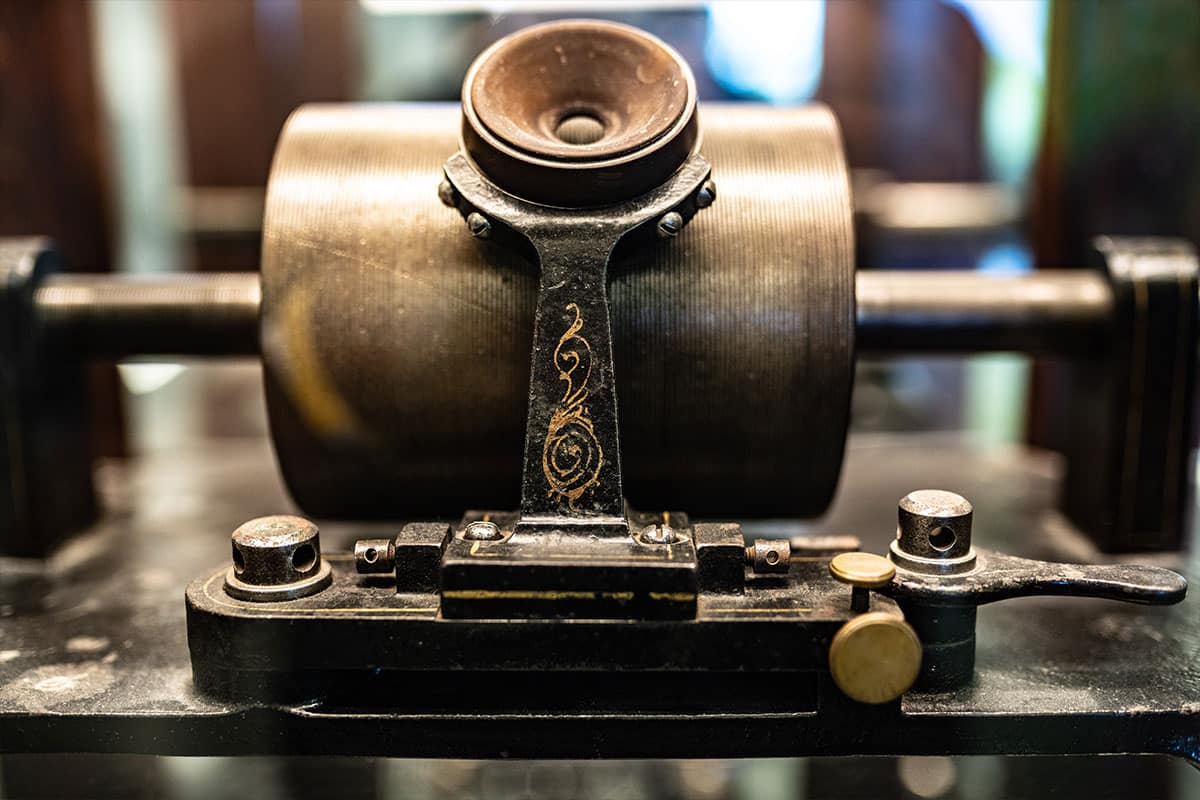Edison's First Invention?

While toiling 12 hours a day, six days a week for Western Union, Thomas Alva Edison moonlighted on his own projects for about six months before he was prepared to secure a patent for his first invention. Although his “first” legitimate invention was an unmarketable disaster, he did receive a patent for it. It was an electric vote-recording machine which members of the Massachusetts Legislature claimed was a deterrent to the political process of voting as “the speed in counting votes would disrupt the status quo of politics”.
Delays In Edison’s’ First Invention
They had grown accustomed to the time provided by the delays in counting votes that enabled them to count votes manually, which sometimes changed the opinions of their colleagues. They were adamant in their criticism of his invention stating that it would “take away any hope the minority would have in influencing legislation and therefore could deliver them over to the majority”. Thomas reasoned to himself that his invention had no immediate sales appeal and was ahead of it’s time because it showed each vote cast from the legislator’s seat instantly as it was designed to do. It was then that he decided to not waste his time on projects that people would not buy.
Edison’s’ First Invention Exposure
Because of Edison’s exposure to lectures at Boston Tech (which later became Mass. Institute of Technology in 1916) along with several important associates including Alexander Graham Bell, who were multiplexing telegraph signals which produced simulations of human voices. This led to the articulating telephone, the fax machine and the first microphone and more. Today it has been suggested that the simulations of the human voice on an instrument called the harmonic telegraph, could well be associated with the first internet!
Efficiency Of Edison’s’ First Invention
While working to improve the efficiency of a telegraph transmitter the “tin foil” phonograph, as he called it, emerged! His experimental recording of a telephone message involved the diaphragm of the telephone receiver and the methods he devised were successful in creating the phonograph, the trade name for Edison’s invention. The phonograph played cylinders not discs. Two needles were involved for recording and playback and when you spoke into the mouthpiece the vibrations of sound from your voice became indented on the cylinder via a recording needle.
Edison’s’ First Invention Fame
This was the invention that brought Thomas Edison fame, but it was just one of his many inventions. Certainly his many other inventions were important but the phonograph was in the forefront of importance in the world of science he so loved.








